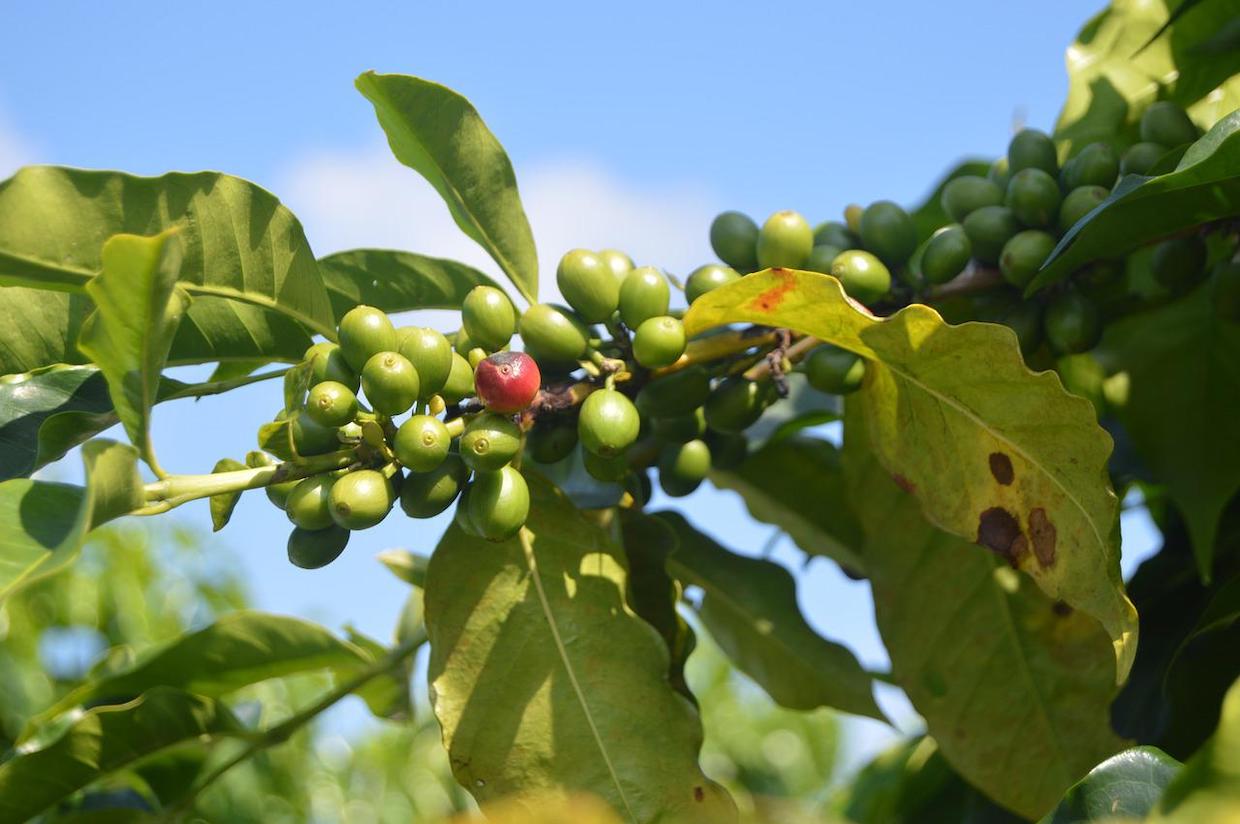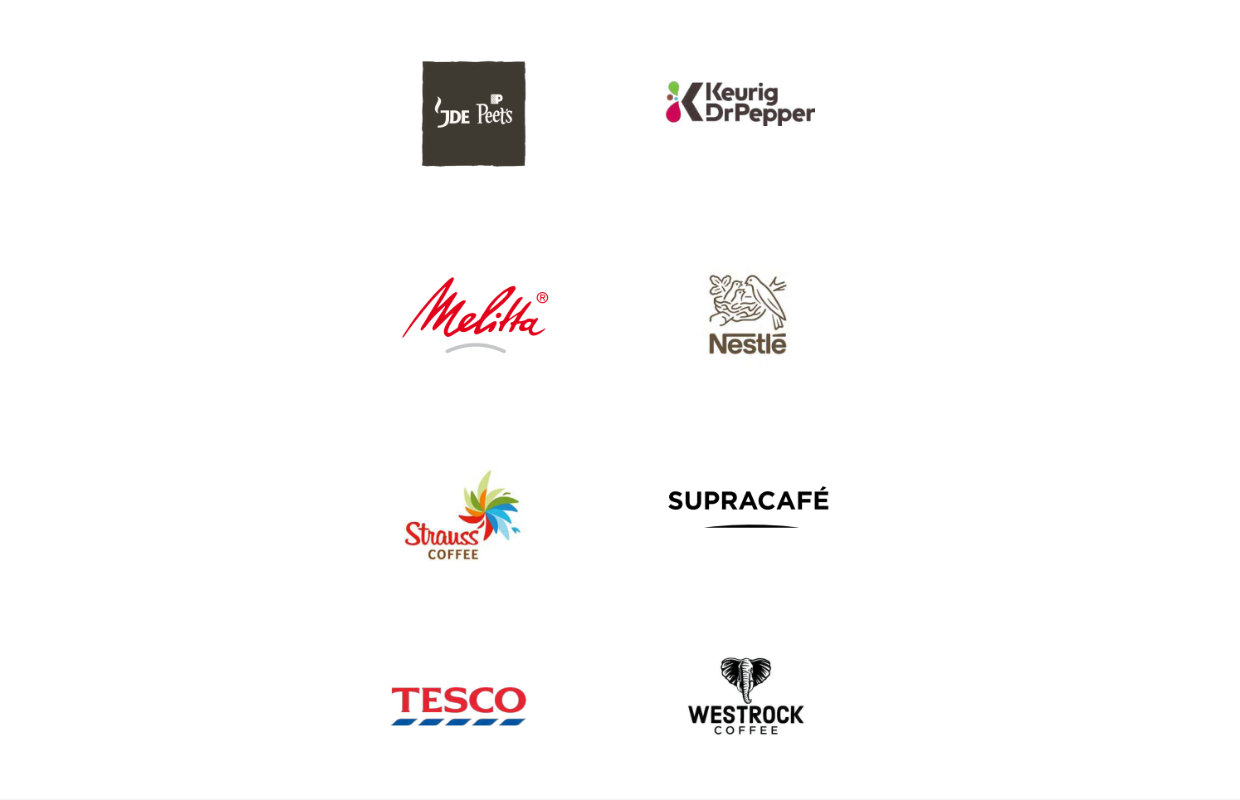Approximately 55% of the green coffee purchased by eight of the world’s largest coffee roasting and retailing companies met some sort of sustainability baseline in 2021, according to a new report from the nonprofit Global Coffee Platform.
Of course, if you’re a hopper-half-empty type of person, that also means that 45% of the volume of green coffee purchased by some of the world’s most market-influential buyers was not necessarily purchased in a sustainable way.
“On its way towards sustainable sourcing, the coffee sector must urgently step up and address systemic challenges such as the lack of earning a prosperous living income, amongst millions of coffee smallholders [sic],” the GCP wrote in the report released today. “Achieving a living income and ultimately farmers’ prosperity requires yet unseen individual and collaborative efforts in shared responsibility locally and globally along with targeted investments supporting transformational change.”
The report defines sustainable purchasing as involving coffees that meet broadly accepted third-party sustainability certification standards (like 4C, Fairtrade or Rainforest Alliance), and/or certain in-house sustainability certification schemes among reporting companies (like Nestlé’s Nespresso AAA or ofi’s AtSource).
The report says that the 55% mark represents a relative increase of 29% over the sustainably purchased volumes reported in the GCP’s last purchasing snapshot report, in 2020. Incidentally, the report is the first since the GCP revised its baseline coffee sustainability reference code in 2021.
As a membership organization supporting pre-competitive, coordinated sustainability efforts throughout the coffee sector — particularly among large conventional green coffee buyers and roasters — the Bonn, Germany-based GCP noted that one of the report’s successes was in its increased participation.
Since 2018, the first year of the annual report, the total volume of green coffee purchases reported has grown from 1.79 metric tons to 2.26 metric tons in 2021, i.e. 29.8 million 60-kilo bags to 37.6 million bags.
The coffee volumes reflected in the report represent 32% of the world’s coffee exports in 2021, according to the GCP, which cited International Coffee Organization statistics.
For the 2021 report, the companies behind this astounding mass of coffee were JDE Peet’s, Melitta Group, Keurig Dr Pepper, Nestlé, Strauss Coffee, SUPRACAFÉ, Tesco and Westrock Coffee Company — all of which contributed purchase data for the report using a set of metrics aligned by the GCP.
“Over the past four years, innovative Collective Reporting of Sustainable Coffee Purchases from prominent coffee companies in GCP’s Snapshot has provided transparent information showing the sector how increases of sustainable coffee purchases are expanding the global marketplace for sustainable coffees,” GCP Executive Director Annette Pensel said in an announcement of the report launch.
Five of the participating GCP-member companies — JDE Peet’s, Nestlé, Strauss Coffee, SUPRACAFÉ and Tesco — added to this year’s report by providing disaggregated data related to the coffees’ countries of origin.
Sustainable coffee purchasing data reported by each of the eight companies can be found in the complete report.
The GCP is hosting a webinar on the snapshot report on Thursday, Sept. 15, featuring representatives of many of the participating companies and certification schemes.
Does your coffee business have news to share? Let DCN’s editors know here.
Nick Brown
Nick Brown is the editor of Daily Coffee News by Roast Magazine.
Comment
1 Comment
Comments are closed.








Nestle? They’re planting trees getting great PR for doing so but making the farmers sign away their carbon credits over to Nestle for 20 years!!! Doesn’t sound very fair to the farmers. All while saying their giving these trees to the farmers and in all of the coverage no mention that they’re going to own the carbon credits, basically the farmer is subsidizing Nestle, trading gold for mirrors